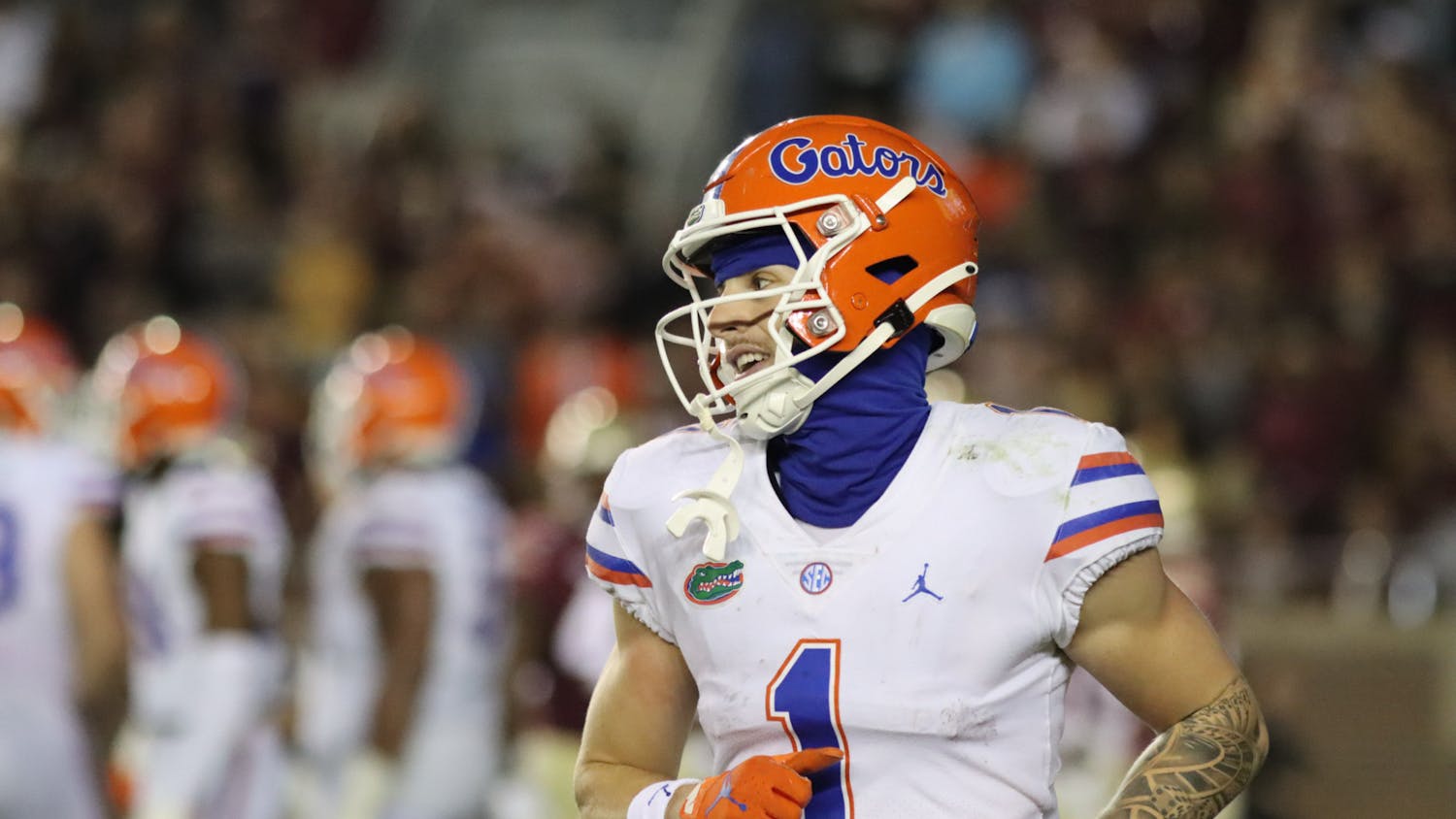For many years, the NFL followed in the footsteps of the tobacco industry.
Overwhelmed by a growing body of evidence that football is directly linked to the brain disease known as CTE, the NFL did what any successful, prominent, and supposedly indispensable company would do: Deny, deny and deny again.
Why? Because despite what most football fans will say about how the sport is part of the very fabric of American life, it is, in fact, dispensable. And the NFL knows it.
But to many people, that’s just completely unthinkable. Perhaps no one says so more prominently than ESPN’s Danny Kanell.
"The war on football is real," Kanell said in a tweet in late 2015. "Not sure source but concussion alarmists are loving it. Liberal media loves it. Doesn’t matter. It’s real."
Prompted by Sports Illustrated’s Doug Farrar, who pointed out that the research behind the link between football and concussions has been widely validated, Kanell responded with the epitome of how many football fans view this issue.
"Oh cool. So u agree with (Dr. Bennet Omalu) then," he wrote on Twitter. "Start writing it. No more football."
Many fans of the sport act as though football is as integral to their daily lives as breathing, eating and sleeping. So what happens when the concussion dominoes start falling?
The aforementioned Dr. Bennet Omalu was the first to link football to CTE, as made widely known in the film "Concussion." That happened in 2002, and the NFL, which had previously "studied" the link between football and brain damage, predictably discredited Omalu’s work. One domino falls.
Fast forward to March 2015, when San Francisco 49ers linebacker Chris Borland retired after one season in the pros, citing concerns over his long-term health. He was 24 years old when he left the game. Two dominoes fallen.
Later that same year, Dr. Ann McKee, a professor at Boston University, and her team announced a now-often-cited study that found CTE in 96 percent of all NFL football players and 79 percent of all football players — pro, semi-pro, college or high school. Three dominoes fallen. Heck, that should count as more than three, because those numbers are absolutely damning.
Granted, those examined had suspected they had the disease and donated their brains to be studied as a result. Regardless, the association is still overwhelming.
Which is why, after years and years of denial, the final domino fell this Tuesday.
Jeff Miller, the NFL’s senior vice president for health and safety policy, in testimony before congress, said that the answer to whether or not there’s a link between football and degenerative brain disorders is "certainly yes."
Suddenly, a row of dominoes lies motionless on the table for every football fan to see.
But with the question of whether or not this is happening answered, a new question emerges — Kanell’s question.
If just about everyone — even the NFL — acknowledges that football is directly linked to brain damage, what happens to football?
The answer, predictably, isn’t simple.
That’s because I, like most sports writers, enjoy watching football. I’ve been watching it for as long as I can remember, and the game is both exciting to look at and to write about.
But I’ve found my love of the sport increasingly difficult to justify.
Sure, it’s fun to watch Kam Chancellor deliver a decleating shot on an unsuspecting slot receiver. Or at least it used to be.
But watching such hits is getting tougher and tougher when I consider where both players could end up down the line just for the sake of a bloodlust-satisfying game.
So you want someone to say it, Danny? Well here ya go.
Football will follow a similar path to cigarettes. People will still play the game, because frankly, some people just don’t care or opt for willful ignorance. But as more and more people acknowledge the danger and send their kids to the baseball diamond or the basketball court, the more the sport will lose popularity. It won’t happen overnight, but it’ll happen.
And ultimately, no more football — at least in its current megalithic form.
Ethan Bauer is the assistant sports editor. You can contact him at ebauer@alligator.org or follow him on Twitter @ebaueri.





